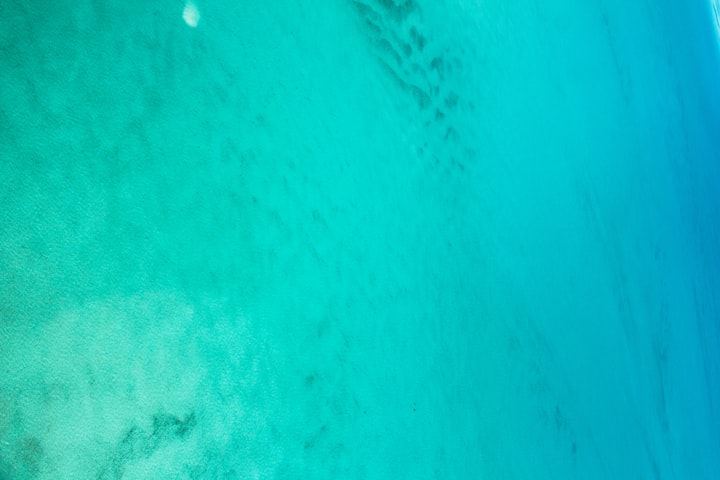Understanding the Impact of Blue Light on Sleep and How to Protect Yourself
Uncovering the Science Behind Blue Light's Effects on Sleep and Practical Strategies for Protection

In today's digital age, we are surrounded by screens computers, smartphones, tablets, and televisions—that emit blue light. While blue light has its benefits during the day, as it boosts attention, mood, and alertness, it can have a negative impact on our sleep patterns when exposed to it in the evening. In this article, we will explore the effects of blue light on sleep and provide practical tips on how to protect yourself from its disruptive influence.
Blue light is a short wavelength, high-energy light that is naturally present in sunlight. During the day, exposure to blue light helps regulate our circadian rhythm, which is our internal clock responsible for regulating sleep-wake cycles. However, in the evening and at night, exposure to blue light can suppress the production of melatonin, a hormone that promotes sleep. This disruption in melatonin production can make it harder to fall asleep and lead to poorer sleep quality.
Research has shown that exposure to blue light in the evening can delay the onset of sleep and disrupt the overall quality of our sleep. The suppression of melatonin can throw off our internal sleep-wake rhythm, making it difficult to establish a consistent sleep routine. Additionally, exposure to blue light before bedtime can lead to increased alertness and reduced drowsiness, making it harder to wind down and prepare for sleep. Over time, poor sleep quality can contribute to a range of health issues, including fatigue, mood disturbances, and decreased cognitive function.
Blue light is emitted not only by digital devices but also by energy-efficient LED light bulbs and fluorescent lights. While sunlight contains the highest levels of blue light, prolonged exposure to artificial sources of blue light can have a cumulative effect on our sleep patterns.
Tips to Protect Yourself from Blue Light at Night:
1. Limit Screen Time: Reduce your exposure to blue light by limiting screen time in the evening, especially within the last two hours before bedtime. Instead, engage in relaxing activities such as reading a book or practicing gentle stretching.
2. Use Blue Light Filters: Most smartphones, tablets, and computers have built-in blue light filters or night mode settings. Enable these features to reduce the amount of blue light emitted by your devices.
3. Wear Blue Light Blocking Glasses: Consider wearing blue light blocking glasses, especially if you need to use digital devices extensively in the evening. These glasses filter out the blue light and can help promote better sleep.
4. Adjust Display Settings: Dim the brightness and lower the color temperature of your electronic devices' screens to minimize the amount of blue light emitted.
5. Use Warm-Toned Lighting: In the evening, switch to warm-toned lighting in your home. Use lamps with yellow or red bulbs, which emit less blue light compared to white or blue light bulbs.
6. Establish a Bedtime Routine: Create a relaxing bedtime routine that signals to your body it's time to wind down and prepare for sleep. Engage in calming activities such as taking a warm bath, practicing relaxation techniques, or listening to soothing music.
7. Create a Sleep-Friendly Environment: Ensure your sleep environment is dark and conducive to sleep. Use blackout curtains, eye masks, or white noise machines to further enhance the quality of your sleep.
In a world filled with digital devices and artificial lighting, it's crucial to be mindful of the impact of blue light on our sleep. By understanding the science behind blue light and implementing practical strategies to protect ourselves, we can promote healthier sleep patterns, improve sleep quality, and ultimately enhance our overall well-being. Prioritize sleep and make conscious choices to limit your exposure to blue light in the evening for a restful and rejuvenating night's sleep.
Please if you find this piece interesting,please consider leaving a like ,comment or even a tip .your support means a lot to me as writer!
About the Creator
MUGISHA Rabsson
Mugisha Rabsson is a seasoned writer dedicated to helping individuals navigate the complex world of personal finance,life,families,nature,health,nutrition,technology,caring,...






Comments
There are no comments for this story
Be the first to respond and start the conversation.